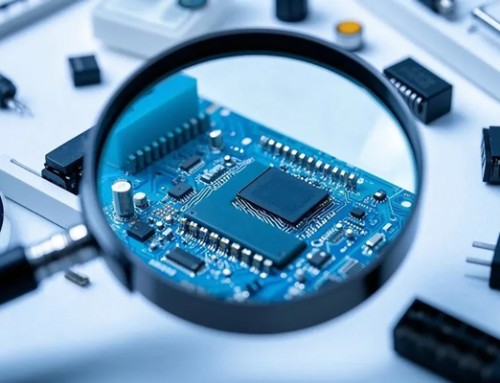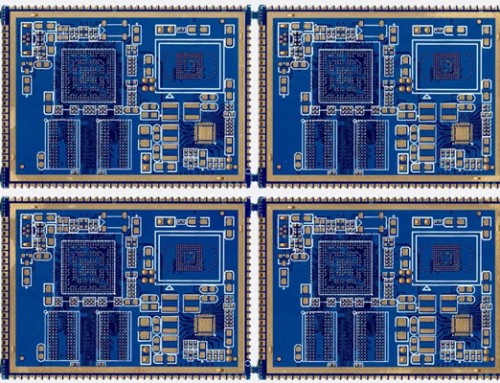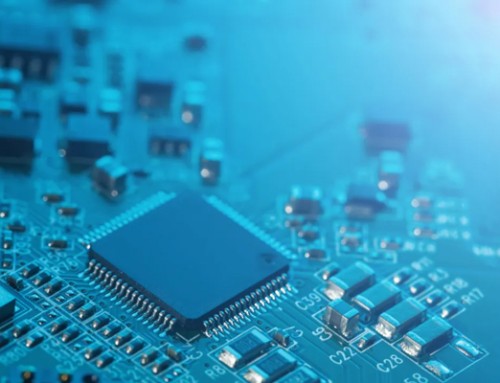The integrity of Printed Circuit Boards is crucial to ensure the reliability of the electronic product. To this end, process control measurement has to be implemented to optimize the SMT PCB Assembly. This will ensure that costly errors aren’t found at a later date, which could result in a high failure rate of products.
Process Control for SMT PCB Assembly, essentially involves putting some robust processes in place in the printing, mounting as well as reflow soldering phase.
Let us dive into them in some detail for SMT PCB Assembly:
Solder paste printing
Prior to SMT printing, it is imperative to check for the following:
There is no deformation in the boards and that the surface is smooth.
There isn’t any oxidation in the circuit board pads.
There isn’t any copper exposure on board surfaces.
When it comes to solder paste printing, the following additional issues need to be watched out for:
The boards shouldn’t be stacked vertically and there should be no collision of boards.
Fiducial marks on the board should tally with the location holes on the stencil.
There needs to be a thorough visual inspection. It is recommended that in such visual inspection the distance between the eye and the board should be between 30-45 cm.
The temperature during administration of the solder paste should be in the region of25°C and relative humidity in the range of 35-75% for optimal results.
It needs to be ensured that the solder paste being used is valid and hasn’t expired.
In case you are using a newly opened solder paste as well an old one, a good mix will be a ratio of 3:1.
You need to ensure that no bridging is seen on printing.
It is imperative that the thickness of the printing is uniform.
The stencil needs to be cleaned so it doesn’t have any dried flux.
Chip mounting
This is a fairly crucial step that needs a high degree of accuracy. Some of the aspects to watch out for during this stage, include:
SMDs need to be compatible with the design files.
Debugging needs to be accurately implemented on the chip mounter.
Control instruction signal and its editing should be undertaken with care.
You need to analyze the logical relationship between the transmission parts.
The operating process needs to be clarified.
There needs to be a proper maintenance schedule to ensure that the equipment is in good shape and errors do not start to occur on account of the state of the equipment.
Reflow soldering
This process essentially involves attaching SMDs to the board. Essentially with the rising temperature, the solder paste melts and with the cooling temperature, the components are stuck to the board. Some of the process control aspects to watch out for in this phase, include:
Setting the right temperature curve and doing some real time testing to avoid errors.
Vibration can play havoc during the process of soldering and hence needs to be avoided.
The solder joints need to be in a semilunar shape.
There should not be any residue or soldering balls on the surface of the circuit board.
There shouldn’t be any bridging or pseudo soldering.
The soldering joints should be smooth.
SMT PCB Assembly requires that an effective manufacturing quality control plan is put in place. The above tips will go a long way in ensuring that defects are minimized and that SMT Assembly manufacturing is optimized.
At ABP, we are highly cognizant of the above processes. With our attention to detail and over 17 years of experience, what we offer to you are high quality products. If you are looking for progressive SMT PCB Assembly solutions, you are at the right place. All you need to do is to reach out to us and have complete peace of mind, which comes from knowing that people manufacturing your product are experts in their domain! To know more, please contact us via [email protected]!



